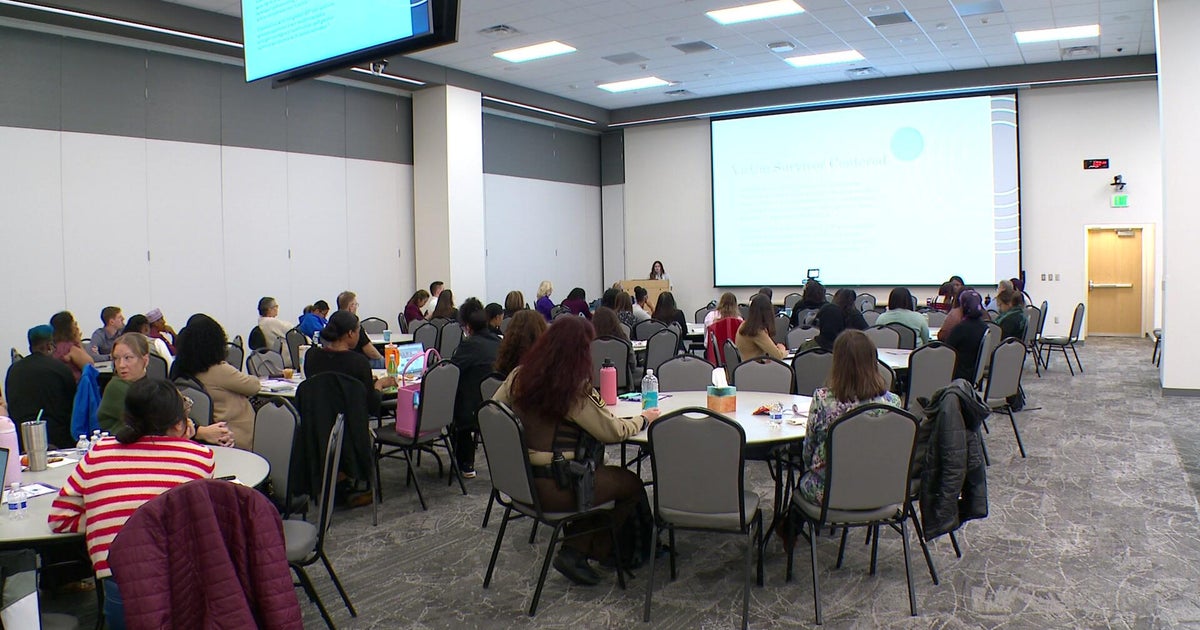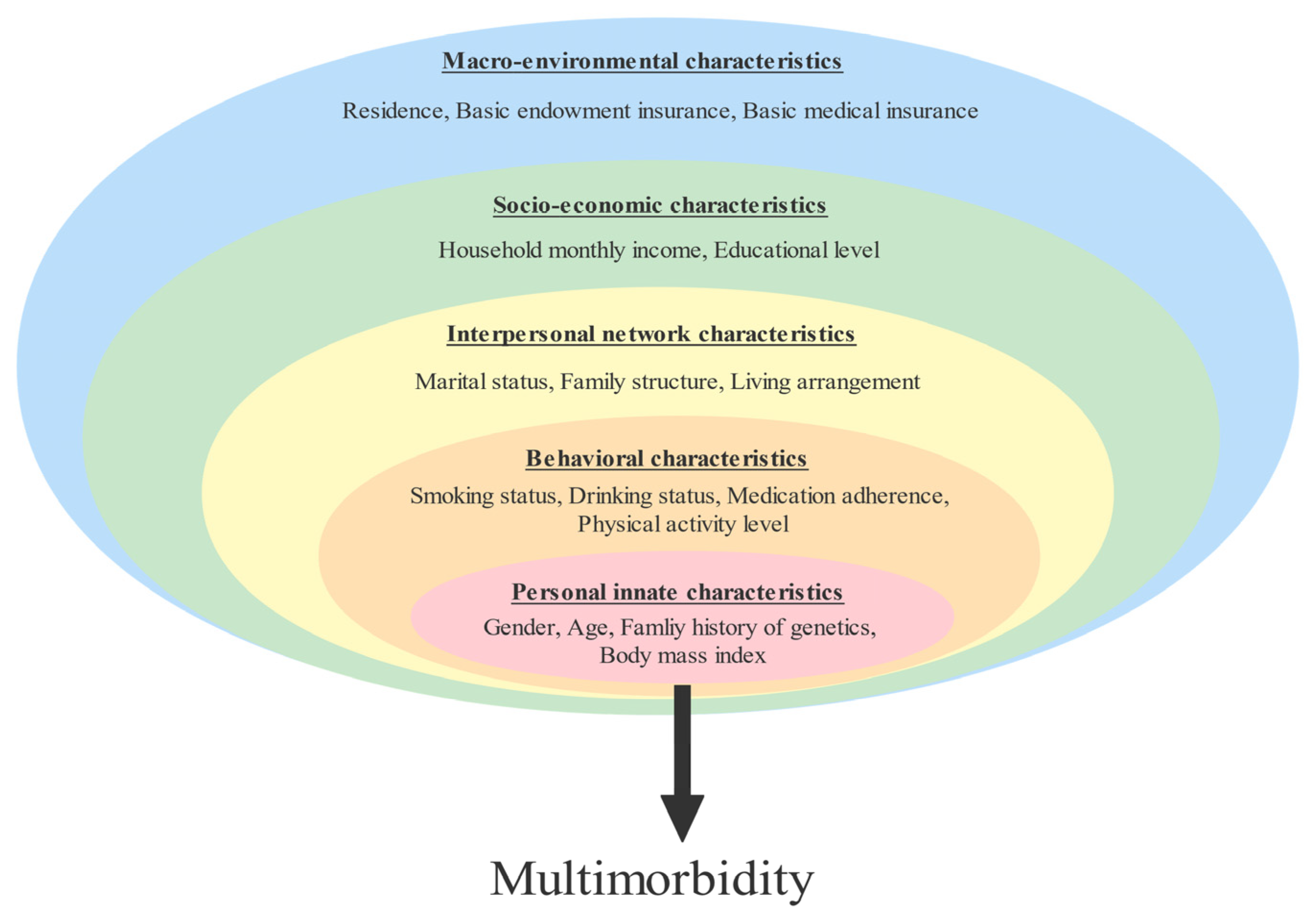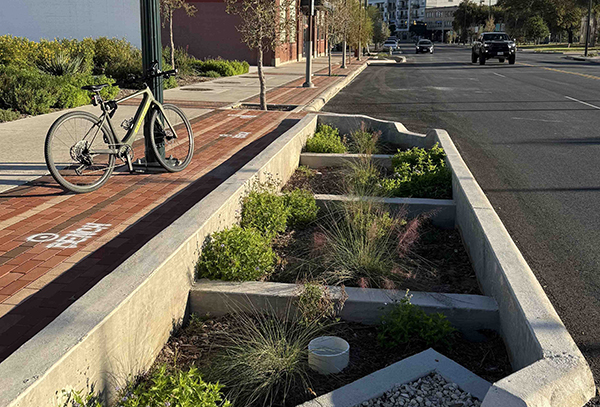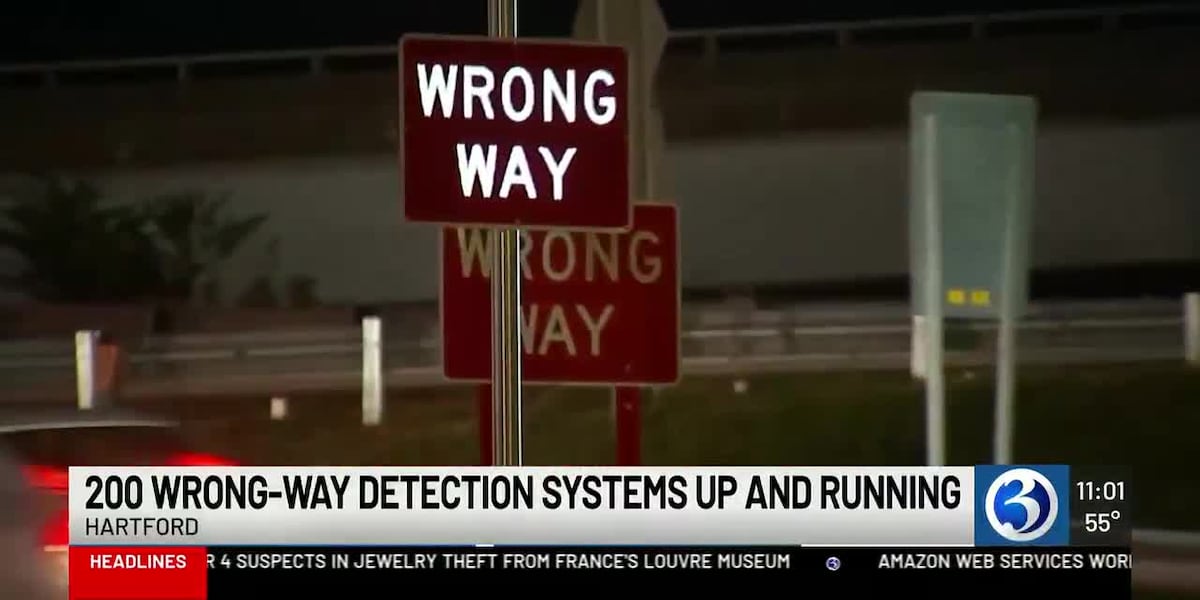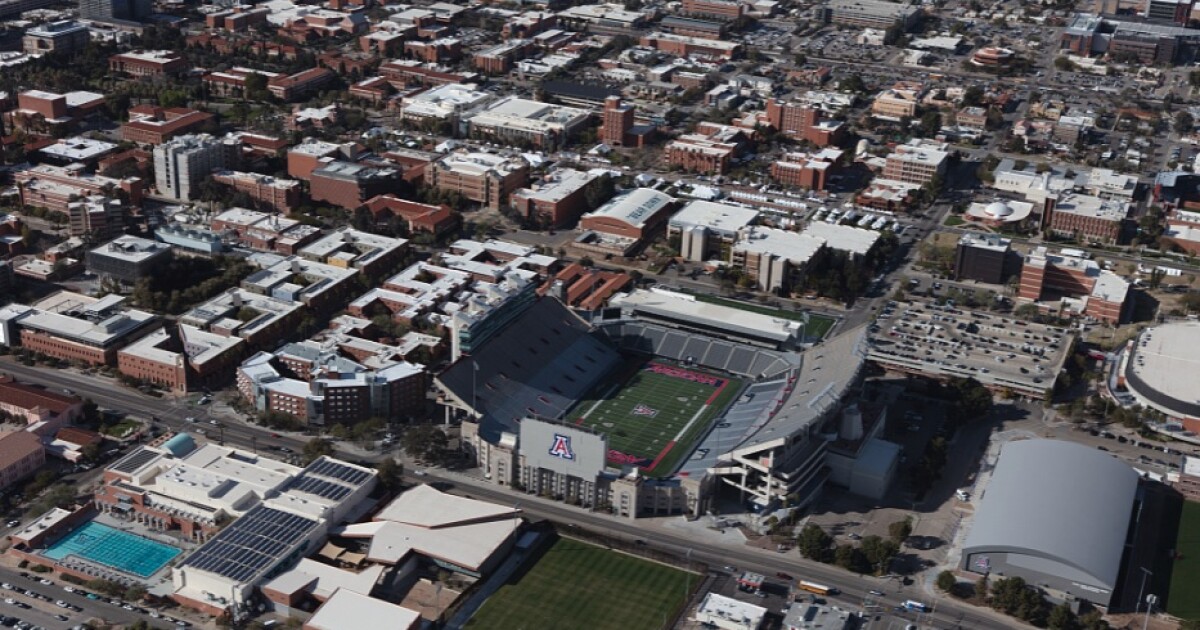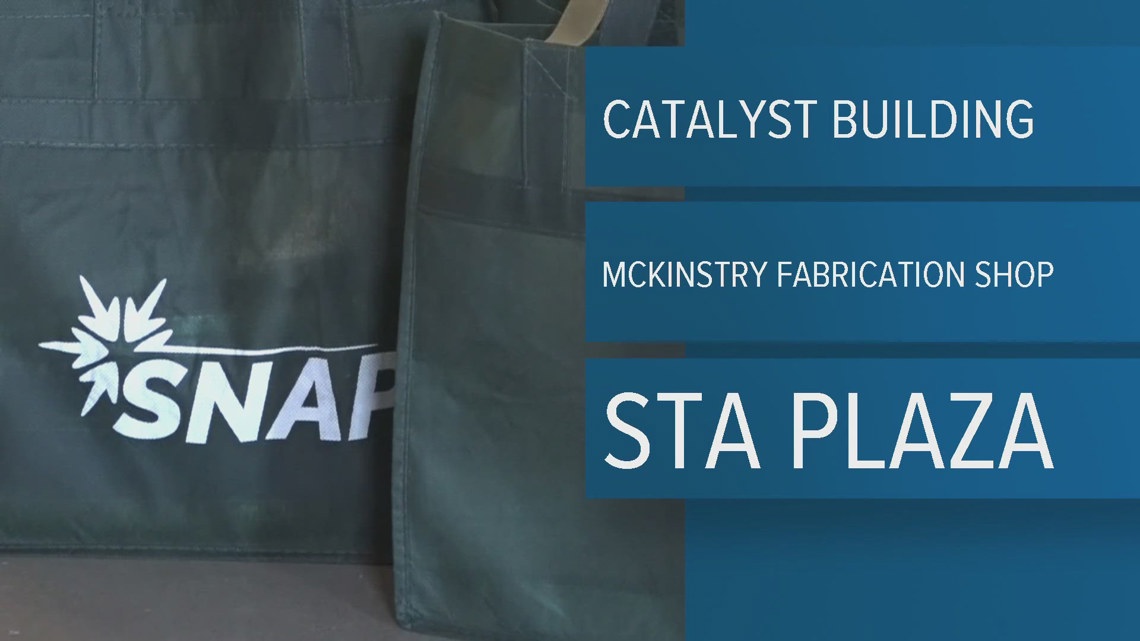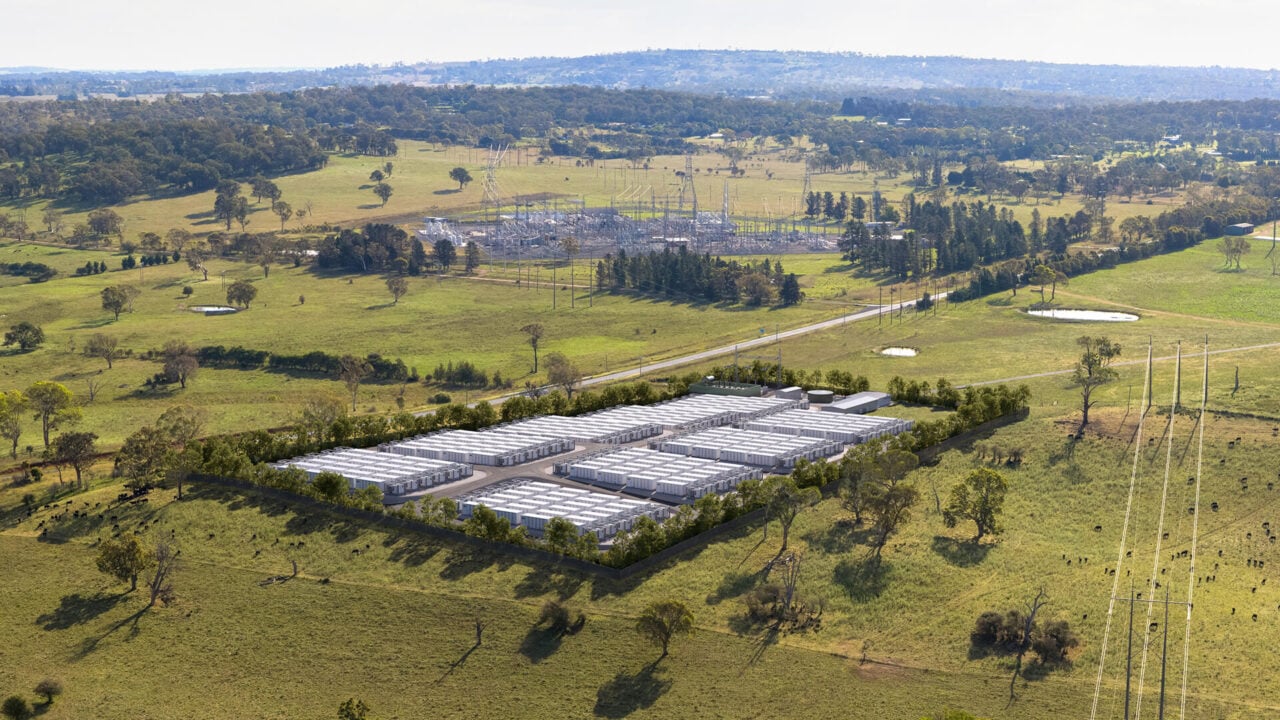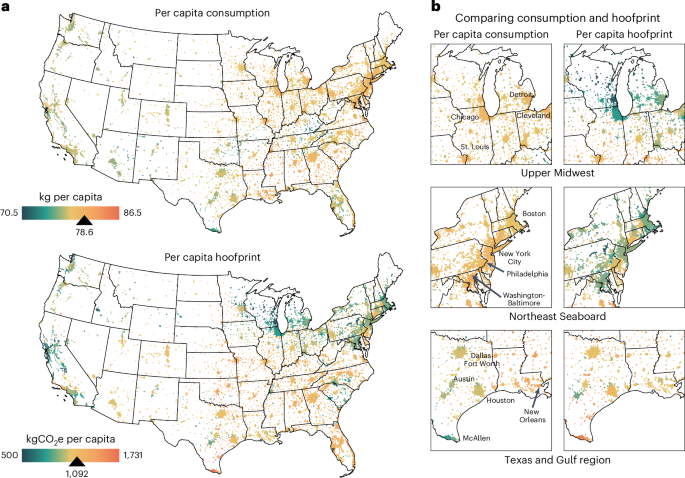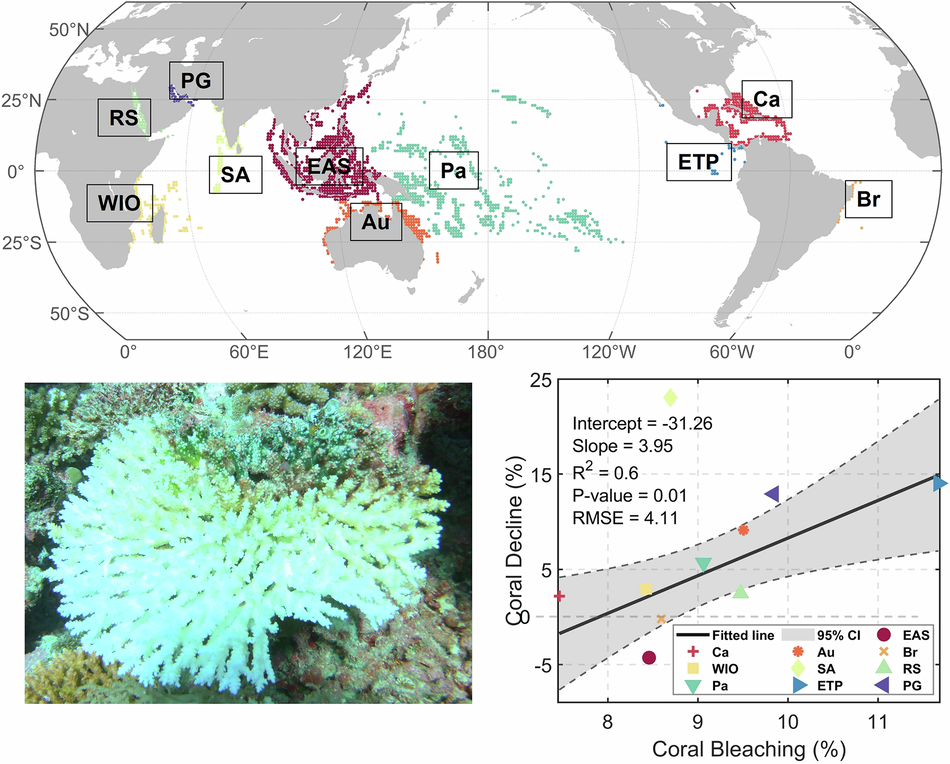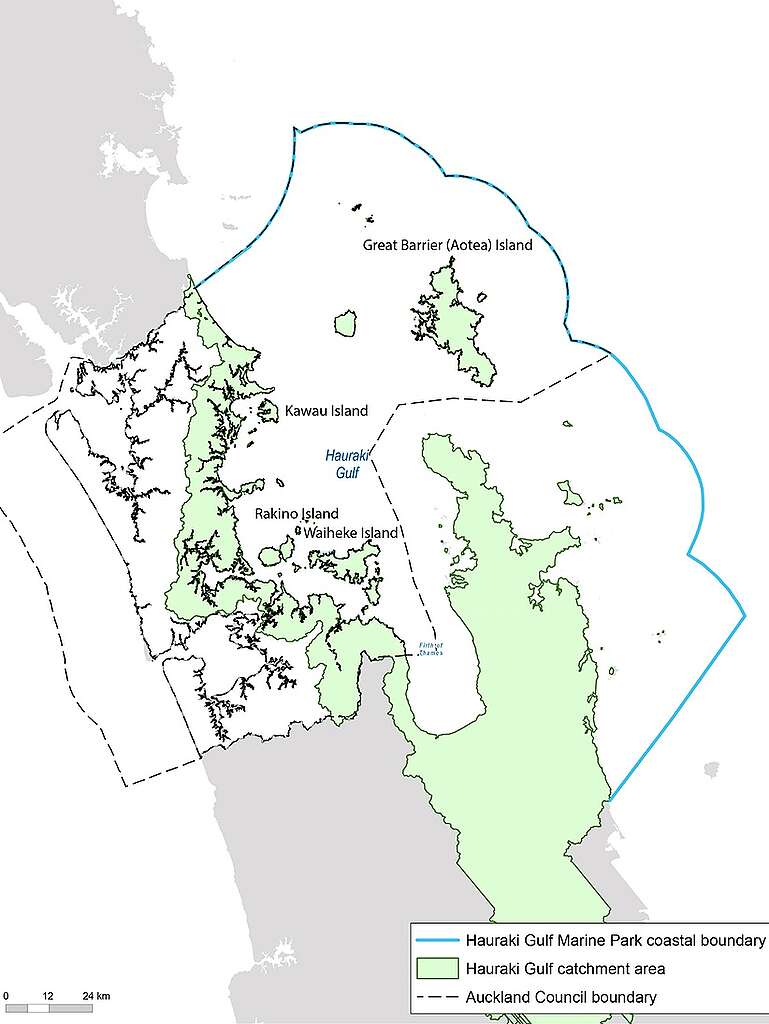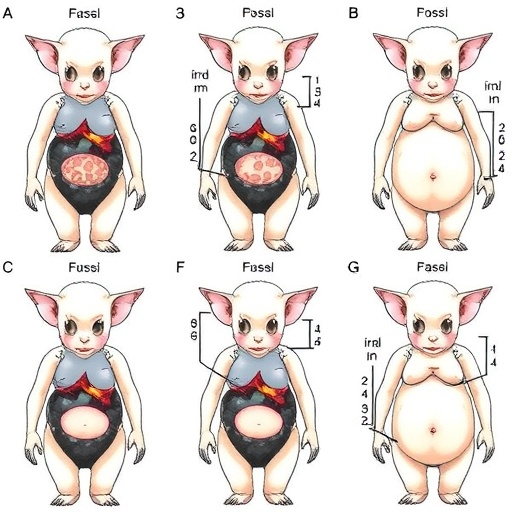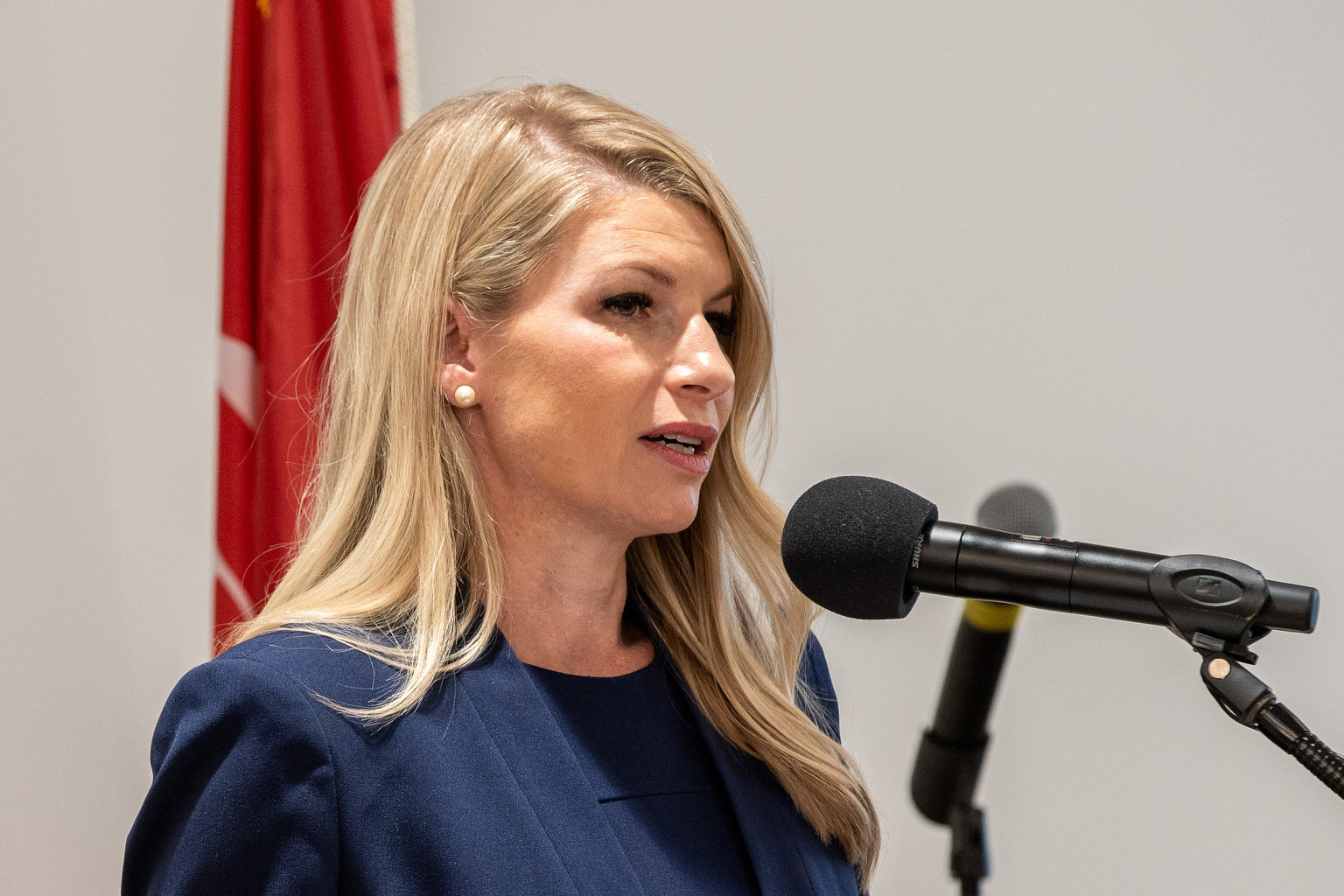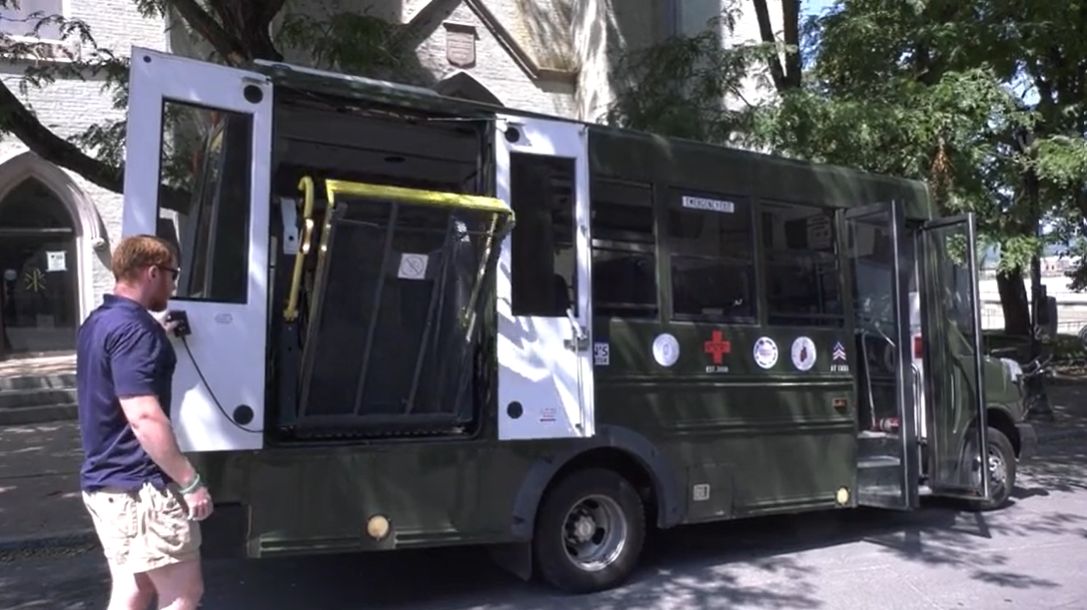Extension Gardening Program Grows Food Security – Morning Ag Clips

Report on NC State Extension’s Seed to Supper Program: Advancing Sustainable Development Goals through Community Gardening
Introduction
In 2024, Ashley Grubb joined NC State Extension as a consumer horticulture agent serving Hoke and Scotland counties. With a background in retail plant nursery management and a passion for plants and community service, Grubb aimed to connect people with gardening knowledge and resources. This initiative aligns closely with the United Nations Sustainable Development Goals (SDGs), particularly SDG 2 (Zero Hunger), SDG 3 (Good Health and Well-being), SDG 11 (Sustainable Cities and Communities), and SDG 12 (Responsible Consumption and Production).
Program Development and Community Engagement
- Needs Assessment and Outreach: Upon arrival, Grubb conducted community surveys to assess awareness and interest in Extension programs, focusing on expanding reach and engagement.
- Identifying Barriers: Many community members expressed interest in growing their own food but faced challenges such as intimidation and cost.
- Research and Adaptation: Grubb researched community garden programs nationwide and identified the Seed to Supper program by Oregon State University Extension and the Oregon Food Bank as a model to reduce food insecurity.
- Curriculum Customization: After obtaining approval, Grubb adapted the Seed to Supper curriculum to fit the Sandhills and Coastal Plains regions of North Carolina.
Seed to Supper Program Implementation
- Course Structure: The six-lesson course educates participants on gardening basics, including garden planning, soil health, planting methods, pest management, harvesting, storage, and cooking.
- Diverse Participation: The inaugural class included 17 participants from varied backgrounds, such as veterans, new residents, longtime gardeners, and young parents, reflecting community diversity.
- Resource Accessibility: Information on low- or no-cost compost, soil, and mulch options was provided, promoting cost-effective and sustainable gardening practices.
- Community Involvement: The program engaged multiple Extension departments, including Family and Consumer Sciences, 4-H agents, and administrative staff, fostering teamwork and comprehensive support.
Impact on Sustainable Development Goals
- SDG 2 – Zero Hunger: By empowering individuals to grow their own fruits and vegetables, the program enhances food security and nutrition.
- SDG 3 – Good Health and Well-being: Encouraging home gardening promotes healthier diets and physical activity.
- SDG 11 – Sustainable Cities and Communities: Community gardening initiatives strengthen local resilience and social cohesion.
- SDG 12 – Responsible Consumption and Production: The program emphasizes sustainable gardening techniques, waste reduction, and resource reuse.
Future Plans and Expansion
- Grubb plans to offer additional Seed to Supper courses in Hoke County during the fall and in Scotland County in the spring.
- A flexible curriculum has been developed to accommodate various growing regions across North Carolina.
- Efforts are underway to promote statewide adoption of the program to broaden its impact.
Conclusion
The Seed to Supper program exemplifies how community-based educational initiatives can contribute significantly to achieving the Sustainable Development Goals. By equipping individuals with knowledge and skills to cultivate their own food, NC State Extension fosters food sovereignty, health, and sustainable living. The program’s collaborative approach and adaptability position it as a vital resource for communities across North Carolina.
1. Sustainable Development Goals (SDGs) Addressed or Connected
- SDG 2: Zero Hunger
- The article discusses the Seed to Supper program which empowers people to grow their own fruits and vegetables, addressing food insecurity and supplementing groceries.
- SDG 3: Good Health and Well-being
- By promoting home gardening and growing healthy food, the program supports better nutrition and well-being.
- SDG 4: Quality Education
- The Seed to Supper course provides education on gardening, soil health, pest management, and cooking, enhancing knowledge and skills.
- SDG 11: Sustainable Cities and Communities
- The program encourages community gardening and local food production, contributing to sustainable urban and rural communities.
- SDG 12: Responsible Consumption and Production
- Teaching participants to reduce, recycle, and reuse gardening materials aligns with sustainable consumption practices.
- SDG 15: Life on Land
- Focus on healthy soil, crop rotation, and pest management supports sustainable land use and ecosystem health.
2. Specific Targets Under Those SDGs
- SDG 2: Zero Hunger
- Target 2.1: End hunger and ensure access by all people to safe, nutritious, and sufficient food all year round.
- Target 2.4: Ensure sustainable food production systems and implement resilient agricultural practices.
- SDG 3: Good Health and Well-being
- Target 3.4: Promote mental health and well-being through community engagement and healthy lifestyles.
- SDG 4: Quality Education
- Target 4.4: Increase the number of people with relevant skills for employment, decent jobs, and entrepreneurship.
- SDG 11: Sustainable Cities and Communities
- Target 11.3: Enhance inclusive and sustainable urbanization and capacity for participatory planning.
- SDG 12: Responsible Consumption and Production
- Target 12.5: Substantially reduce waste generation through prevention, reduction, recycling, and reuse.
- SDG 15: Life on Land
- Target 15.3: Combat desertification, restore degraded land and soil.
3. Indicators Mentioned or Implied to Measure Progress
- Number of Participants Completing the Seed to Supper Course
- The article mentions 17 members in the inaugural class and plans for future classes, indicating tracking of participant numbers.
- Increase in Home Gardens and Food Production
- Raised beds and garden clubs formed from the program imply measuring the number of new gardens or food-producing plots established.
- Reduction in Food Insecurity
- Though not explicitly measured, the program’s goal to reduce food insecurity implies tracking changes in food access among participants.
- Knowledge and Skills Acquisition
- Indicators could include assessments of participants’ gardening knowledge and skills before and after the course.
- Adoption of Sustainable Practices
- Use of low-cost compost, soil, mulch, and recycling methods could be tracked as indicators of responsible consumption.
4. Table of SDGs, Targets, and Indicators
| SDGs | Targets | Indicators |
|---|---|---|
| SDG 2: Zero Hunger |
|
|
| SDG 3: Good Health and Well-being |
|
|
| SDG 4: Quality Education |
|
|
| SDG 11: Sustainable Cities and Communities |
|
|
| SDG 12: Responsible Consumption and Production |
|
|
| SDG 15: Life on Land |
|
|
Source: morningagclips.com

What is Your Reaction?
 Like
0
Like
0
 Dislike
0
Dislike
0
 Love
0
Love
0
 Funny
0
Funny
0
 Angry
0
Angry
0
 Sad
0
Sad
0
 Wow
0
Wow
0









